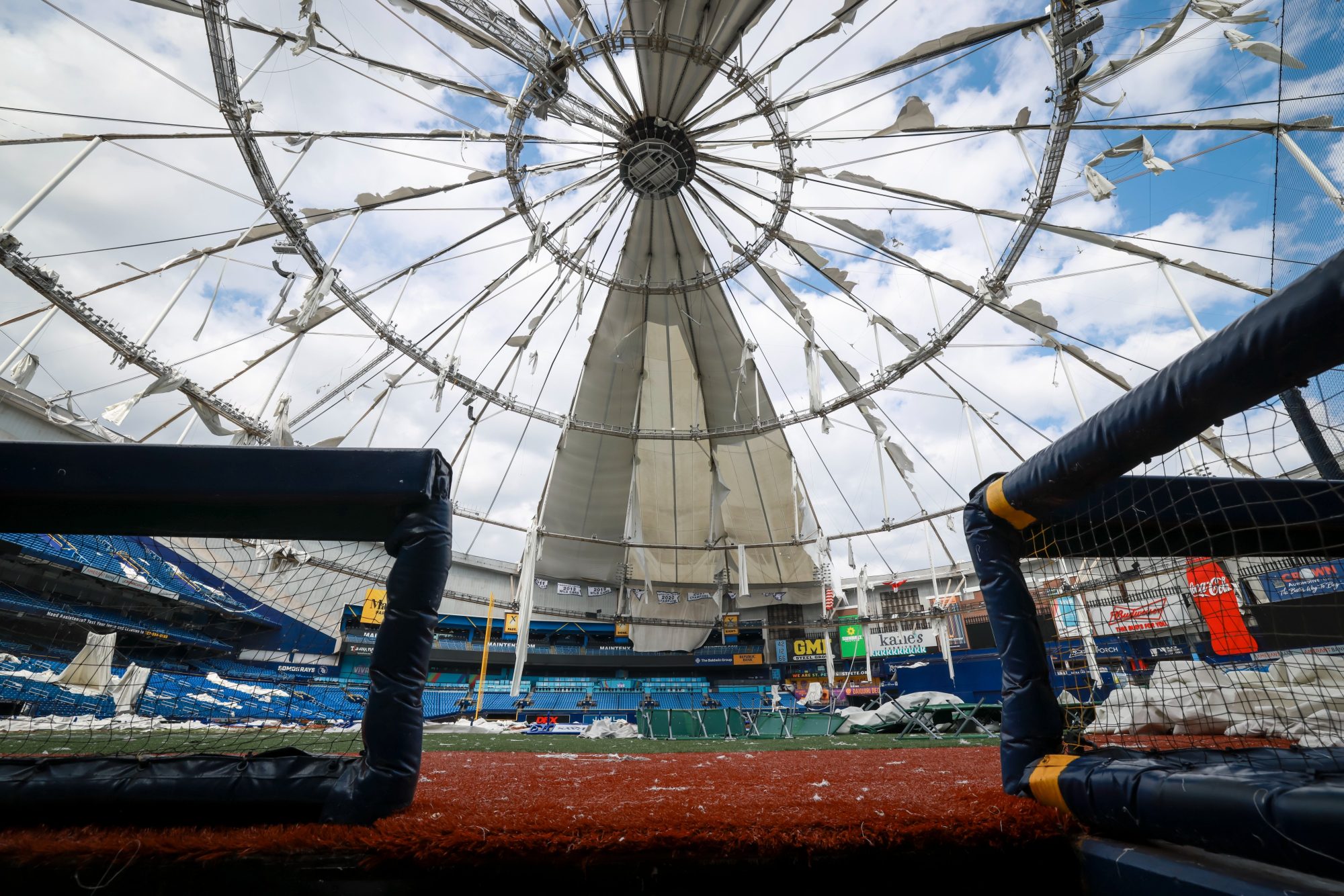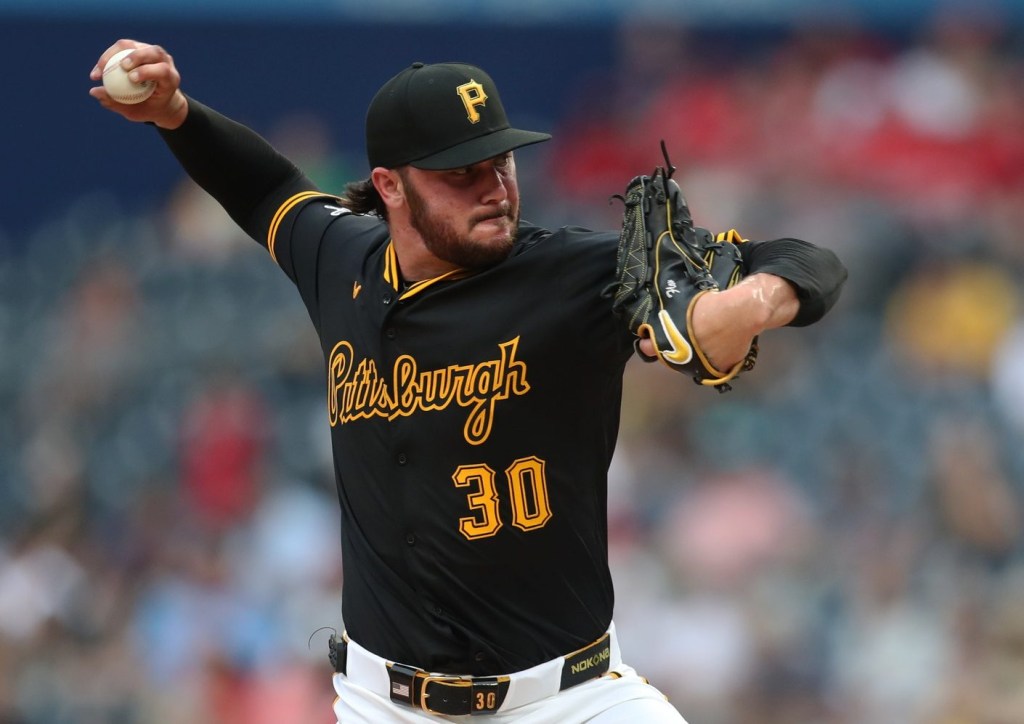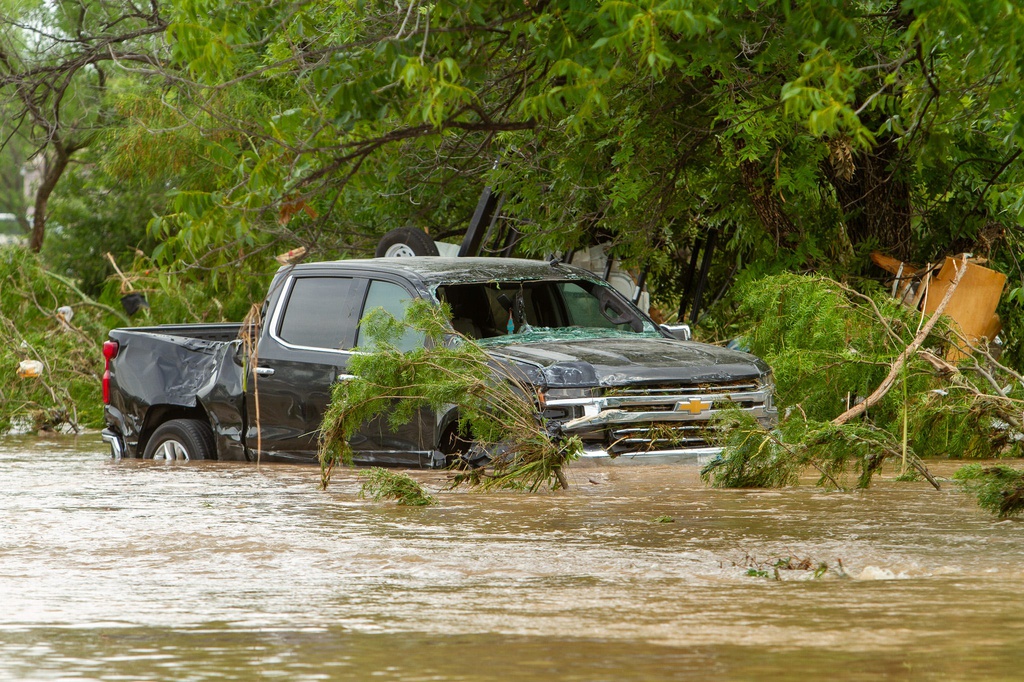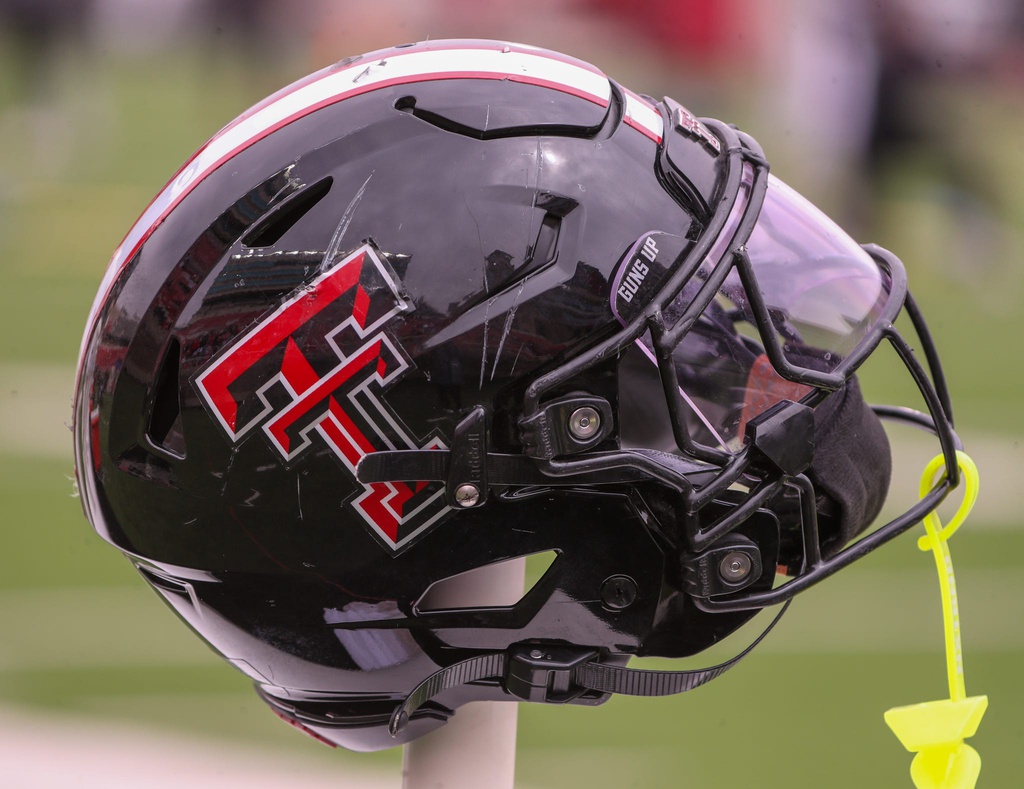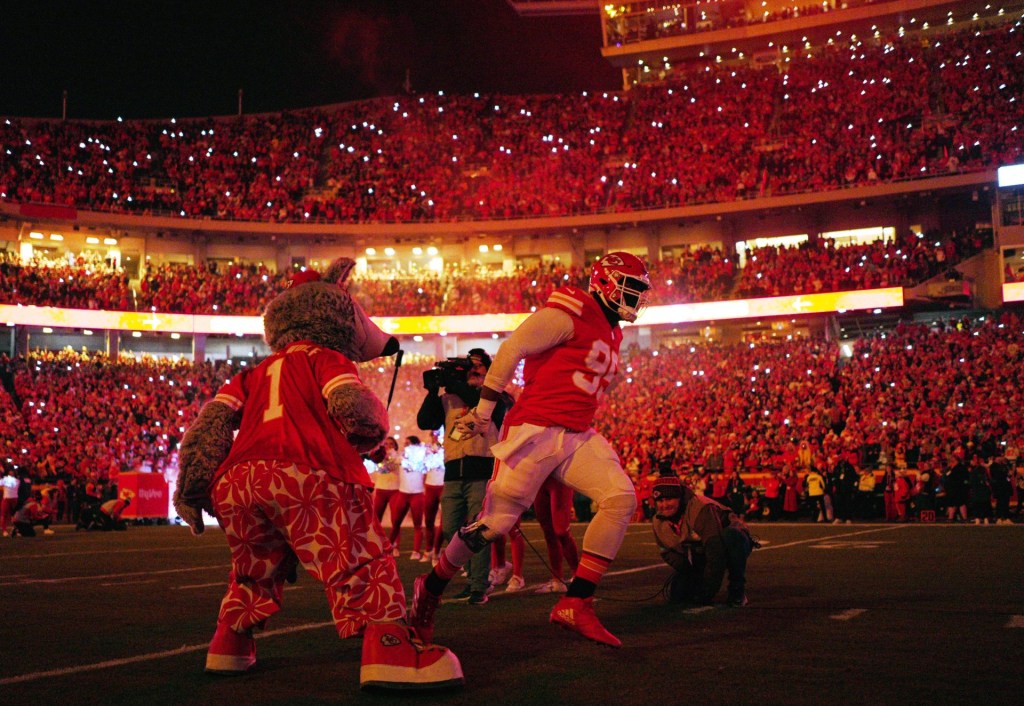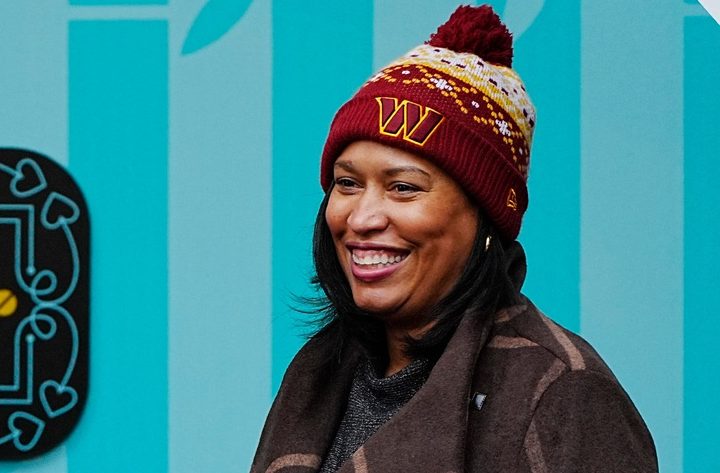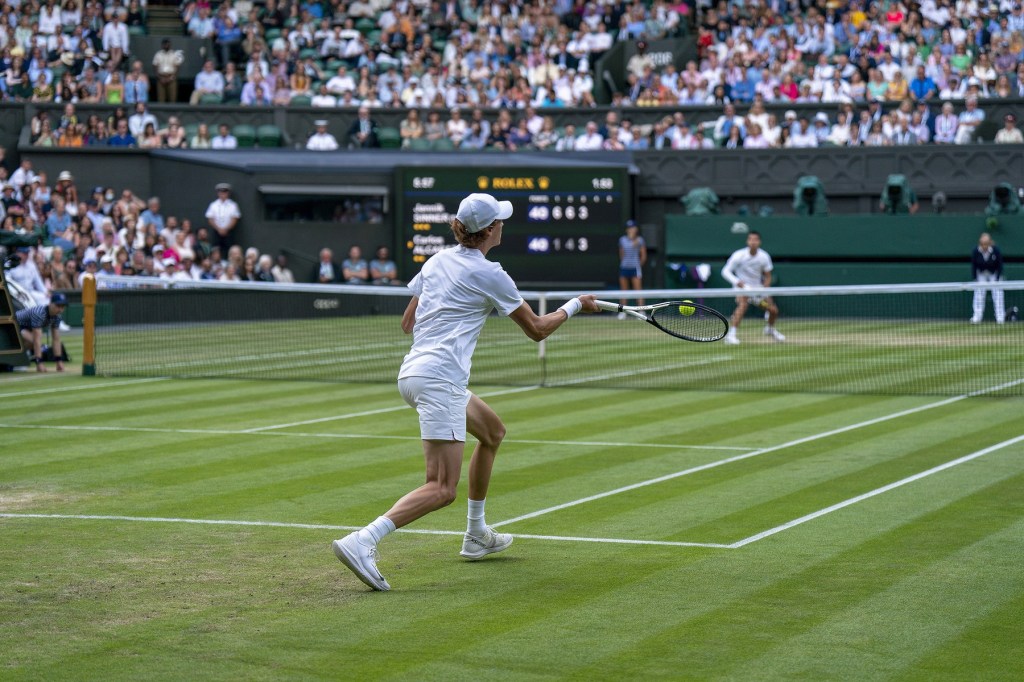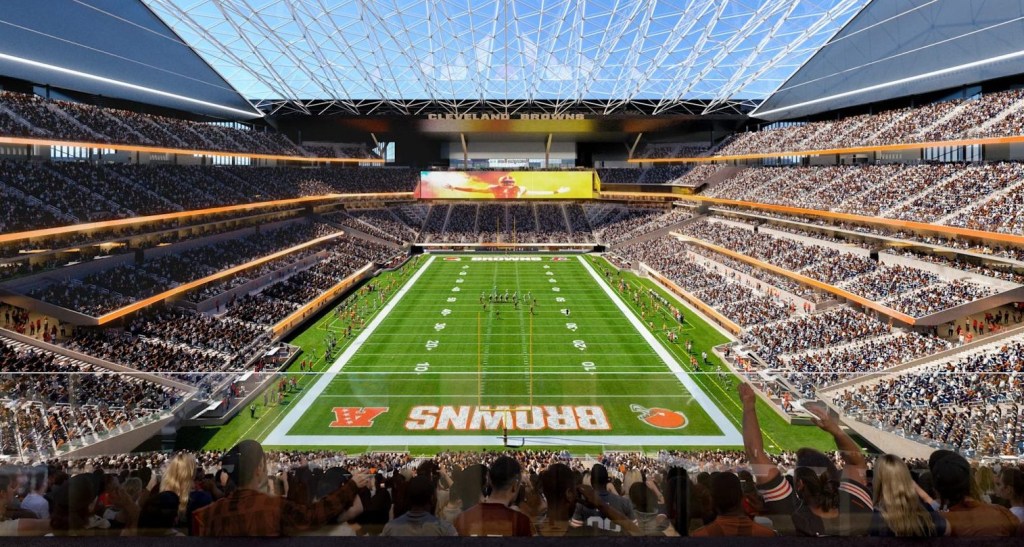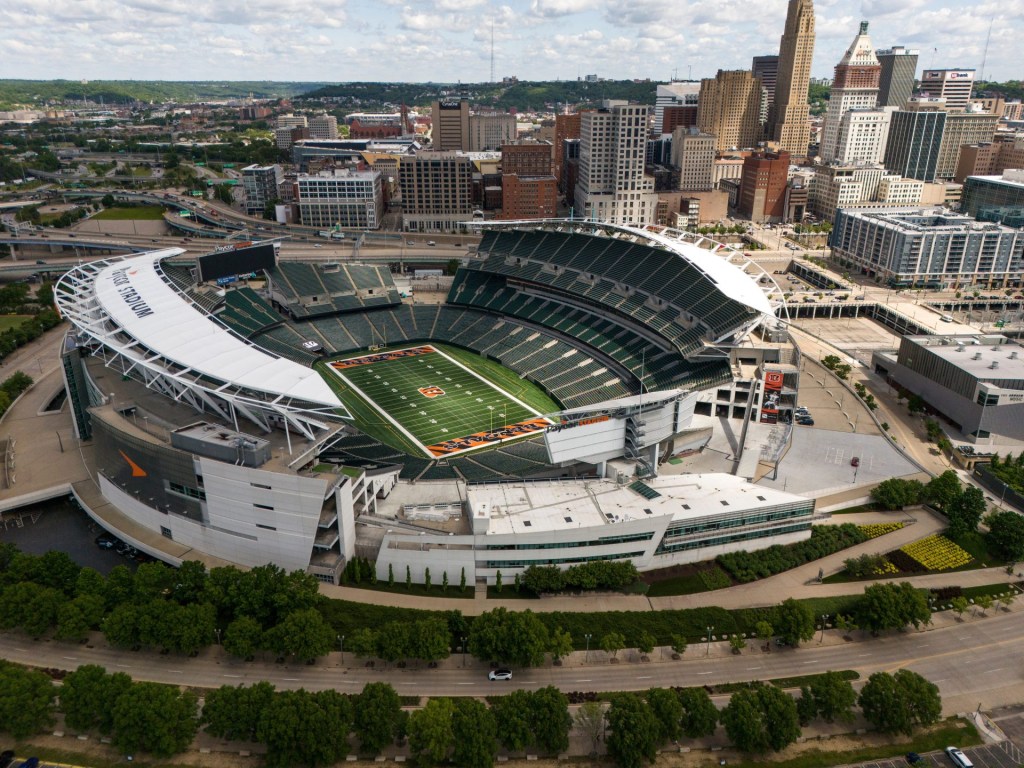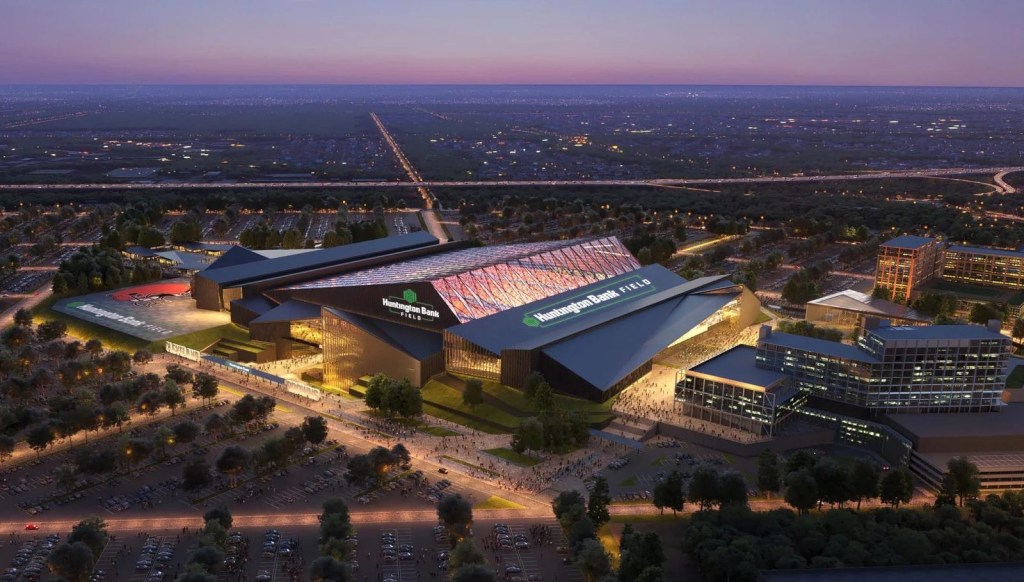The Rays have suffered yet another serious hit to their hopes of building a $1.3 billion ballpark and staying in the Tampa area, as the St. Petersburg (Fla.) City Council voted Thursday to delay issuing bonds funding part of the construction. But it’s the team itself that likely has rendered the largest amount of damage to the pursuit.
The decision by a 5–2 margin puts on hold $287.5 million of bonds—nearly half of the planned public-sector contribution toward the new stadium. The council also approved and then later rescinded its approval of $23.7 million in appropriations for repairs to the Tropicana Field roof, which suffered major damage last month from Hurricane Milton and represents the largest and most critical part of an estimated $55.7 million bill for initial stadium restoration.
The city vote on the bonds for the new ballpark closely followed and mirrored Tuesday’s move by the Pinellas County commission to delay for a second time its consideration to issue bonds supplying another $312.5 million toward the stadium. Like the county’s consideration, city leaders are grappling with using taxpayer funds for a new stadium during a time of extreme local need because of the storm.
“I need to know more. There’s too much that’s vague with our infrastructure needs,” said city council member Gina Driscoll.
What About the Team?
Both the Tropicana Field roof repairs and the larger bond issue will be revisited at future city council hearings. But there is now a serious question of whether any of the body’s actions will ultimately matter. Rays co-president Brian Auld was called to speak multiple times by the officials, and he said the deal for the new ballpark as originally constructed is now “dead” after the county’s prior moves to delay their bond issuance.
Additionally, he said the team harbors significant doubts about getting back into Tropicana Field for the 2026 season, and questioned the public-sector outlay for the repairs. Both situations, according to Auld, delay the Rays’ timetables and introduce additional costs they cannot bear.
“Our intention was never to threaten. It was, in a straightforward way, to be the bearer of bad news,” said Auld, who addressed the council at their request and referenced a perceived heavy-handedness by the team in recent days. “I’m very sorry about the way this is coming across. I think it’s crucial that we all deal with the facts on the ground.”
City administrator Rob Gerdes says he now expects the Rays to send a termination letter, canceling the agreement for the new stadium entirely.
The city’s decision to delay the bonds also perhaps became something of a foregone conclusion as a period of public comment that opened Thursday’s council meeting featured an extended series of local taxpayers questioning the need for taxpayer funds for the ballpark—particularly when St. Petersburg is still recovering from the serious damage levied by the hurricane.
Interim Issues
While the broader questions surrounding the Rays continue, there has already been significant progress in addressing some of the most immediate hurricane damage to the city-owned Tropicana Field. In recent weeks, initial steps taken include removing the remaining stray pieces of the dome fabric, implementing temporary weatherproofing, cleaning up the field, and remediating some water damage inside the stadium.
But whether that will be ultimately meaningless is yet to be determined. Following the county vote, MLB commissioner Rob Manfred urged patience with the situation and with the hurricane-battered Tampa region, saying, “It’s only fair to give the local governments an opportunity to figure out where they are.”
